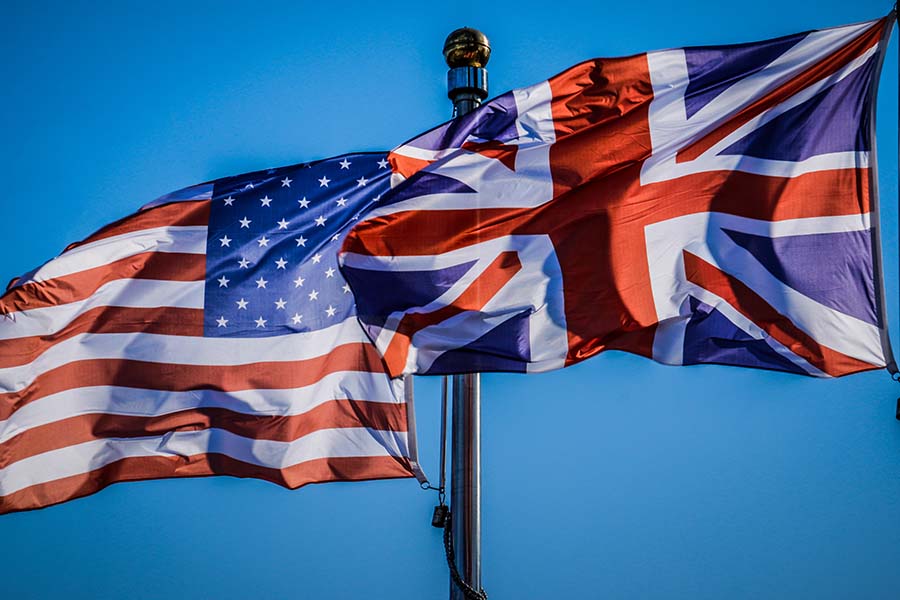
By Christopher Featherstone, Doctoral Researcher, Department of Political Science and International Studies
School of Government, University of Birmingham
Descriptions of Boris Johnson as a populist abound – there have been comparisons between him and the current occupant of 1600 Pennsylvania Avenue. Whilst comparisons such as multiple divorces, silly hair and unconventional approaches tell us little about policy, the lessons Johnson has learned from Trump on dealing with the media are very revealing.
After the Prime Minister’s “People’s PMQs” these comparisons in style between Trump and Johnson are even more visible. There are three lessons Johnson has learned from Trump’s game plan for dealing with the media: dismissing journalists, restricting media scrutiny, and using deliberate inaccuracies when speaking to the public.
Firstly, when campaigning for the Conservative party leadership, journalists reported members of Johnson’s campaign booing those who asked the awkward or difficult questions. This kind of media management, discouraging critical engagement from journalists is taken straight from President Trump’s playbook. The clips of Donald Trump mocking a disabled reporter, calling journalist Jim Acosta “fake news”, and Trump supporters at his rallies intimidating journalists were all news items on both sides of the Atlantic.
Secondly, in his “People’s PMQs” Johnson described the reason for broadcasting the event on Facebook Live was because MPs were on “holiday”. The inaccuracy of this statement was considered as deliberate by many observers. Johnson is aware he will have a significant battle with Parliament within the next six weeks over his Brexit plans, and as such is seeking to diminish Parliament in the eye of the public.
Johnson’s claim that the questions he was answering were “unmediated, unpasteurised” was equally inaccurate; the questions had been filtered after they were submitted. As with the deliberate discouragement of journalists, these deliberate inaccuracies in public statements from Johnson mirror the manner in which Trump speaks to the public. Within only 12 minutes of address, Johnson used two lies to support his agenda, diminishing and alienating Parliament at the same time as making himself appear accessible to the public in contrast. This strategic use of inaccuracy to support an agenda is another example of how Johnson has learned lessons from the Trump presidency.
Johnson’s address to the public is also an example of how Johnson has learned from Trump’s direct communication via social media. When asked why Trump tweeted so much, his press secretary Sarah Huckabee Sanders told reporters that the President considered it the only means to communicate accurately with the US population because of the “fake news media”. Johnson has torn a page from the Trump handbook again, circumnavigating the media scrutiny and interpretation, Johnson was able to speak directly to the public – filtering which questions he would answer in advance (although he falsely denied this filtering).
These lessons that the Prime Minister has learned from the President will assist Johnson in achieving his goals in a similar vein to Trump. Whereas Trump seeks to achieve his goal of building “The Wall”, Johnson has used these lessons to attempt to deliver Brexit. There are concerns that this use of Trumpian strategies will lead to a similar polarisation of debate in the UK as Trump has achieved in the US.
